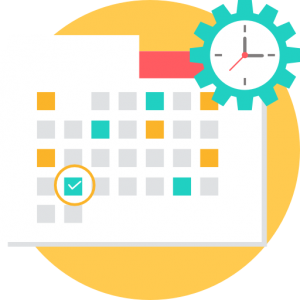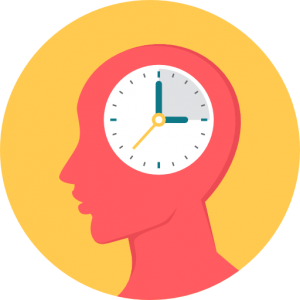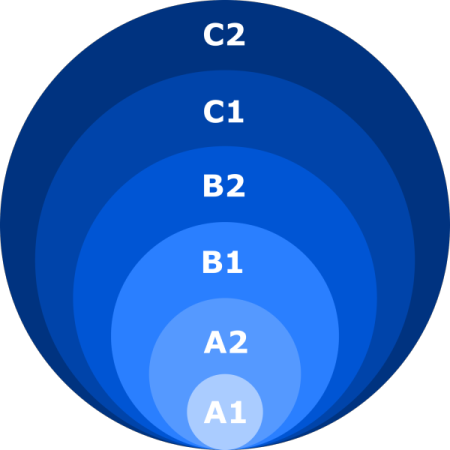Hello everyone ... ![]()
Welcome to the "IELTS Reading Skills Improvement" course which will be addressed as IRSI later on. This is Mahboobe Tabasi, M.A. Candidate of TEFL at TMU.
In this course you will learn more about the reading section of the IELTS exam and then we will go through several practices in order to master reading strategies. ![]()
But first of all let's get familiar with each other and the rules of this course:
 Instructor: Ms. Mahboobe Tabasi, M.A. in TEFL.
Instructor: Ms. Mahboobe Tabasi, M.A. in TEFL.
 T.A. / Technical Supporter: Alireza Safaei, M.A. TEFL.
T.A. / Technical Supporter: Alireza Safaei, M.A. TEFL.
 Course Schedule: April 11 2019 - May 23 2019 (7 Sessions; 90 minutes/ * Except first session: 45 minutes) / Online Meetings: Thursdays 10:00 - 12:00 A.M.
Course Schedule: April 11 2019 - May 23 2019 (7 Sessions; 90 minutes/ * Except first session: 45 minutes) / Online Meetings: Thursdays 10:00 - 12:00 A.M.
 Venue: Hybrid (Hi-Tech, Well-Equipped, Face-to-Face: First Session and Last Session will be held at Allameh Ja'fari Hall, Tarbiat Modares University)
Venue: Hybrid (Hi-Tech, Well-Equipped, Face-to-Face: First Session and Last Session will be held at Allameh Ja'fari Hall, Tarbiat Modares University)
 Materials: IELTS 13 Academic (2018): Student's Book with Answers; Authentic Examination Papers. NY: Cambridge University Press.
Materials: IELTS 13 Academic (2018): Student's Book with Answers; Authentic Examination Papers. NY: Cambridge University Press.
 Proficiency level: Upper-Intermediate, Advanced
Proficiency level: Upper-Intermediate, Advanced
 Participants:
Participants:
Ms. Zahra Shafiee
Ms. Samaneh Taromsari
Ms. Zohreh Babazadeh
Ms. Fatemeh Asadnia
Ms. Fateme Saneie Kashanifar
Ms. Farzaneh Karkon
Mr. Alireza Ekhtiarzadeh
![]() Required Necessities: 1 MBps Bandwidth Internet Connection, Personal Computer or Laptop, an Appropriate Headphone
Required Necessities: 1 MBps Bandwidth Internet Connection, Personal Computer or Laptop, an Appropriate Headphone
Detailed Course Syllabus
 Please Pay Close Attention to the Assignments' Deadlines.
Please Pay Close Attention to the Assignments' Deadlines.
 more than two session of class absenteeism will result in the elimination of participants.
more than two session of class absenteeism will result in the elimination of participants.
If you're alreday ready to start our wonderous journey , let’s start … ![]()
![]()
As you might be aware the reading part of the test is different for IELTS Academic and IELTS General candidates and has 3 sections with 40 questions with 60 minutes time.
- Each section contains one long text.
- Texts are authentic and are taken from books, journals, magazines and newspapers. They have been written for a non-specialist audience and are on academic topics of general interest.
- Texts are appropriate to, and accessible to, candidates entering undergraduate or postgraduate courses or seeking professional registration.
- Texts range from the descriptive and factual to the discursive and analytical. Texts may contain non-verbal materials such as diagrams, graphs or illustrations (A variety of question types is used, including: multiple choice (MC), identifying information (True/False/Not Given), identifying the writer's views/claims (Yes/No/Not Given), matching information, matching headings, matching features, matching sentence endings, sentence completion, summary completion, note completion, table completion, flow-chart completion, diagram label completion and short-answer questions). If texts contain technical terms, then a simple glossary is provided.
- As we already mentioned, here are three texts and 40 questions.
As we read in the book Cambridge English IELTS 13 about Reading part of the test, the overall score is based on a nine-band scale, each skill score is also reported separately in the same way. You can see the 9-band rubric below:
Figure 1. IELTS band-scores. Taken From: Cambridge IELTS 13 Academic (2018): Student's Book with Answers; Authentic Examination Papers. NY: Cambridge University Press.
© Course Designers: Alireza Safaei , Mahboobe Tabasi


نظرات (۰)